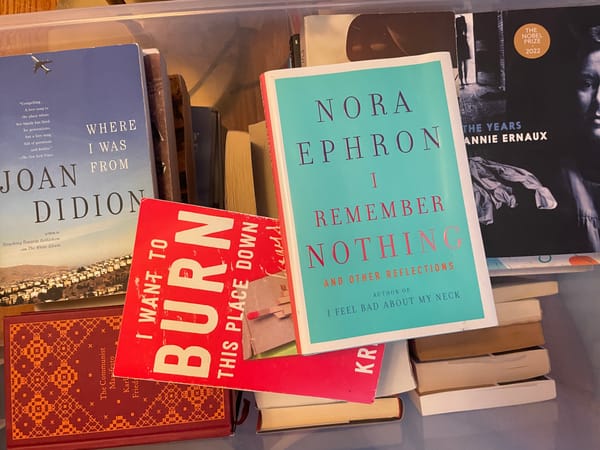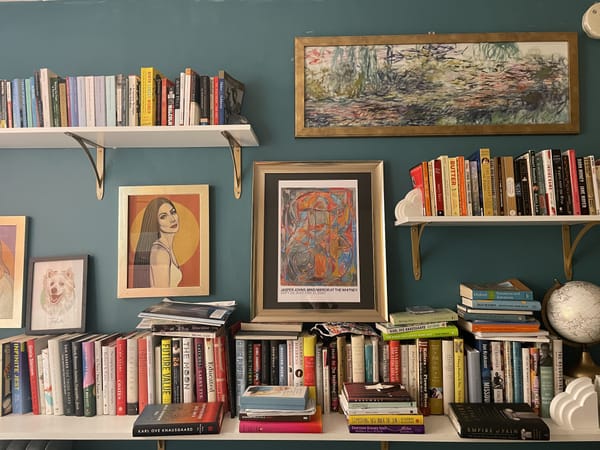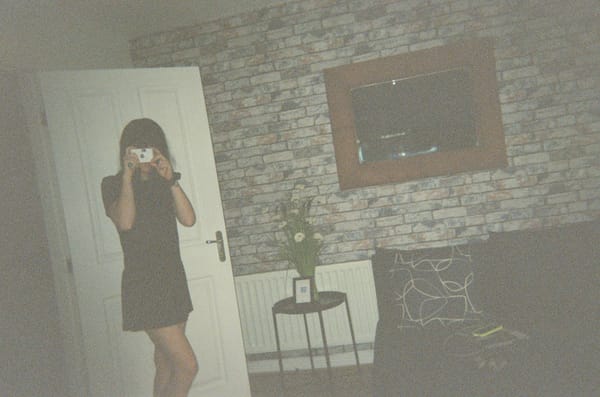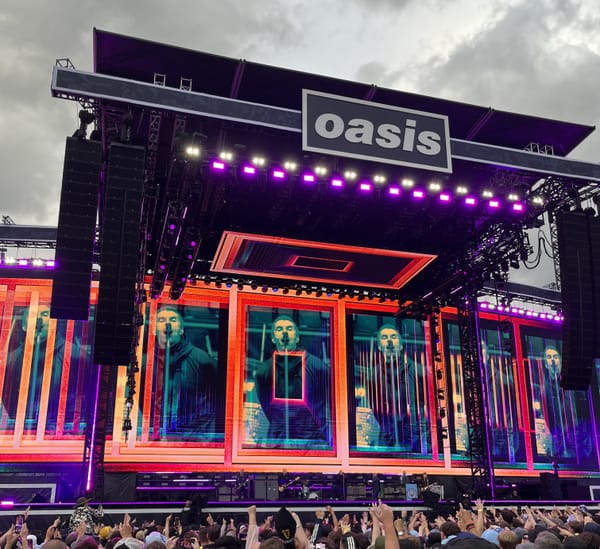The Nostalgia Oath
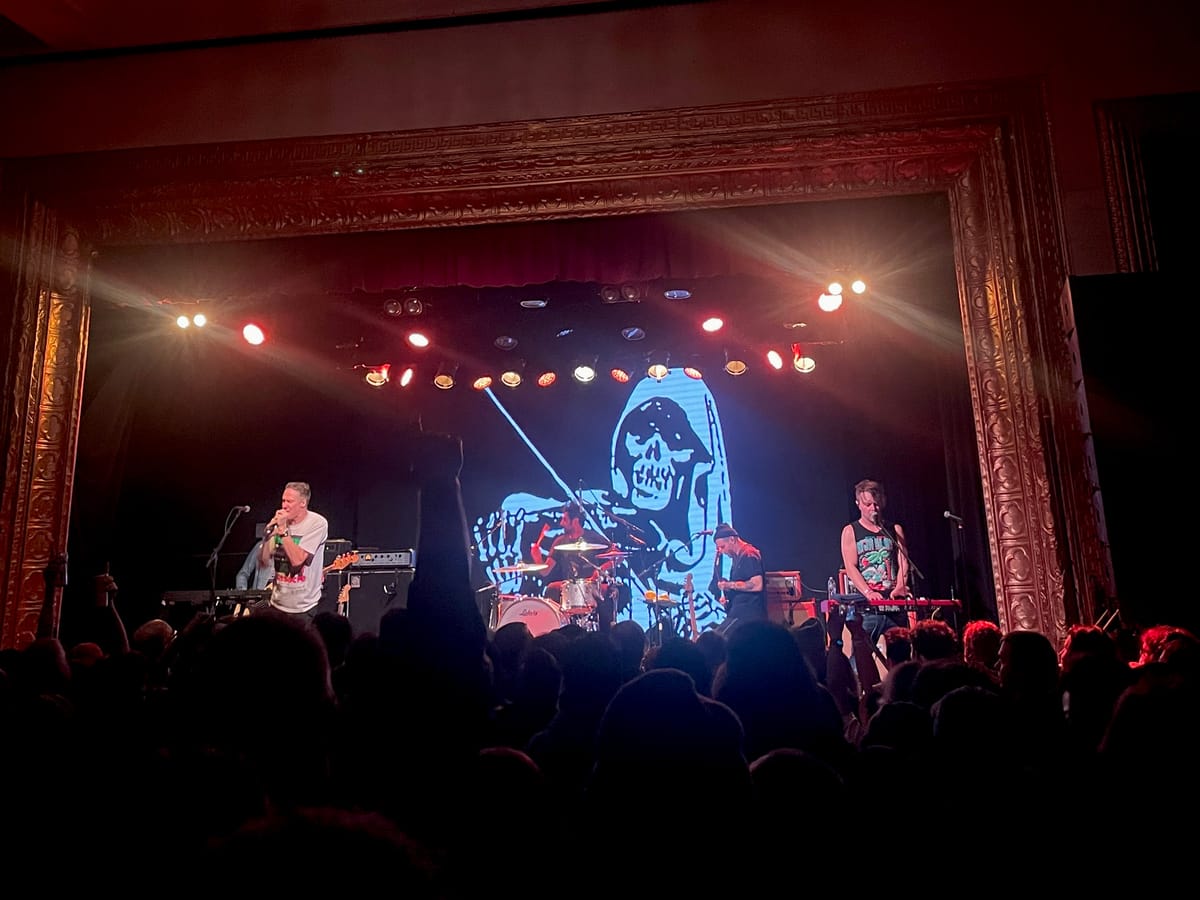
Last week I had the fortune of watching the stupidest band that has ever lived play a two-hour set in Brooklyn. The Blood Brothers, an early aughts relic that blends just about every type of hardcore and punk ethos into one very loud and chaotic musical style, has been one of those cultural relics that has never failed to lose my affection.
To put it succinctly: I lost my mind seeing the Blood Brothers for the first time since (I think) 2004. I plan on never seeing them again. They are now perfectly preserved in my mind and body from the love I felt for them as a teenager and as the adult who loved seeing them now.
My relationship with nostalgia is one of my favorite intellectual puzzles these days. Now that I am the prime demographic for nostalgia pandering of all types, I have realized I need to develop a sense of discernment about what level of remembrance is right for me.
On one end of the nostalgia spectrum, as I see it, is the “remember this?” and “things were better when” type of reminiscing. The other side harbors more of a rejection of the past — a discomfort with things that feel like reminders of a younger, less sophisticated version of yourself.
Honestly, I think adherence to either side is pretty uncool and represents a simplified way of thinking about time and identity that does not align with the philosophy I want for myself. Some things have improved, others have deteriorated, but the practice of nostalgia is not about objectivity, it’s about resonance.
The Blood Brothers are an objectively difficult band to listen to, and after seeing them as an adult I actually laughed out loud thinking about the teenage version of myself who listened to their music on my iPod at 7 am on my way to school. They are brash, they scream, they change melodic styles every fifteen seconds, I imagine they were as incomprehensible to the adults in my life as 100 gecs is to me now. But the Blood Brothers brought enjoyment to my life as I was setting the foundation for who I would become, and I find it meaningful to visit the adolescent version of myself from time to time.
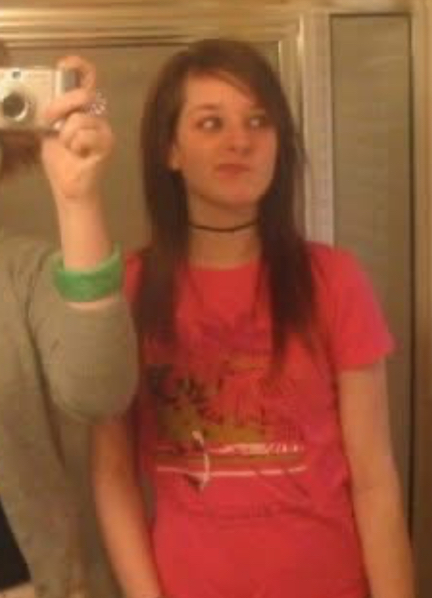
My Blood Brothers era came on the heels of my discovery of the world of punk rock and 1980s hardcore. The notion that the noblest way of living is to fight the systems that want to erode your true self sunk its teeth into me in a way that I still cannot escape.
I have a Black Flag tattoo. I have a Minor Threat tattoo. I look like the most generic Brooklyn woman you’ve ever seen and have acquired traditional markers of success in adulthood. But in my heart, I am suspicious of it all. I don’t value conformity the way a person with aspirations of financial stability should at this point in my life. I spend a lot of money on therapy to try to deprogram my need for individualism. I keep thinking my lifelong phase of rebellion will finally pass. It appears maddeningly ironclad in my sense of self.
But I’m finding that nostalgia and the totems of identity in my life need to be curated. Not everything that meant something to me during a tender or exciting time of my life benefits from being revisited. (Travis Barker is a brilliantly athletic drummer, but I wish I had left those guys in 2007). Further, there are experiences that are nostalgic for others but would be novel for me.
This is the case with Oasis, a band I have loved deeply for a long time but have zero interest in seeing live at this point. Unless someone fronts the cost to send me to Manchester so I can see them in their natural environment, I don’t see what I have to gain from transforming this individual passion of mine into a group experience. I expect that if I were to see them play on the same grounds as the New York Jets, it would be a little bit wounding to recognize that at the peak of their power, I wasn’t there.
I feel the same way about the Talking Heads, who have spent two years flirting with reconciliation. It would have been amazing to be there in 1980 or whatever. I saw David Byrne perform some Heads songs live during his Broadway run of American Utopia (I cried both times). I don’t need the first time I get proximity to these formative acts to be a greatly deteriorated and neutered version of them.
But I find it hard not to get lost in all the options I have these days to engage with the music in particular that has given so much to the formation of my adult personality. I don’t wish to go back in time, but I strongly believe that it is a sign of self-respect to honor the previous versions of myself who got me here.
The distinction I’ve arrived at is this: What are the opportunities to revisit my past, and what are the traps that will keep me reliving it? I could move forward and discard of my passions each time they become further refined, or I could stay attached to the things I already love and reject the effort of discovering something new. Authenticity, to me, means rejecting that dichotomy and holding them both at once.
Critical Thinking is a reader-supported publication. To receive new posts and support my work, consider becoming a free or paid subscriber.


